Russia's Economy Under Putin: Total War Focus
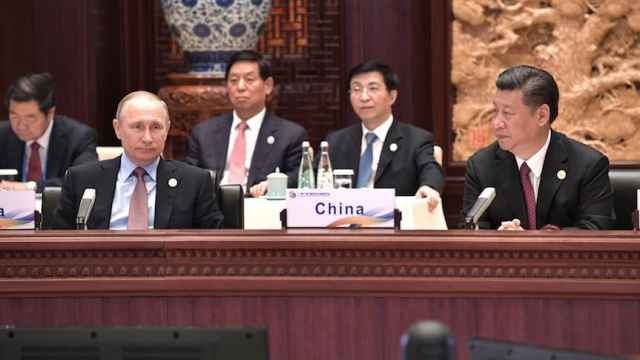
Table of Contents
Sanctions and Their Impact on the Russian Economy
The West's response to the invasion of Ukraine has included unprecedented sanctions targeting Russia's economy. These measures have had a profound and multifaceted impact, affecting various sectors and disrupting established economic relationships.
Energy Sector Disruption
Russia's economy is heavily reliant on energy exports, particularly oil and natural gas. Sanctions targeting these sectors have significantly reduced revenues. The EU, a major importer of Russian energy, has implemented phased reductions in its reliance on Russian oil and gas, forcing Russia to seek alternative markets primarily in Asia.
- Decline in oil and gas exports: The volume of Russian oil and gas exported to Europe has drastically fallen, leading to substantial revenue losses for the Russian government.
- Diversification efforts towards Asia: Russia is actively seeking to increase energy exports to Asian countries like China and India, but these markets are not large enough to fully compensate for the loss of European customers. This diversification presents logistical and infrastructural challenges.
- Impact on the ruble: Fluctuations in energy prices and reduced export volumes have placed significant pressure on the ruble, causing volatility in the Russian currency.
The challenge of bypassing sanctions and finding new buyers has proven significant, with Russia facing limitations in shipping infrastructure, payment processing, and insurance. Estimates suggest billions of dollars in lost revenue annually due to these disruptions.
Financial Sector Instability
Sanctions have severely impacted the Russian financial sector. Many Russian banks have been cut off from the SWIFT international payment system, limiting their ability to conduct international transactions. This has resulted in considerable capital flight as foreign investors withdrew their assets.
- Impact on foreign investment: Foreign direct investment in Russia has plummeted, severely limiting access to much-needed capital for investment and growth.
- Difficulties accessing international markets: Russian companies struggle to access international capital markets, severely hindering their ability to finance operations and expansion.
- Domestic banking challenges: The Russian banking system faces increased pressure, with limitations on international transactions and the need to adapt to the changing global financial landscape.
The sanctions have resulted in a significant reduction in Russia's foreign currency reserves and have led to increased reliance on domestic financing, creating further strain on the Russian financial system.
Technological Isolation and Supply Chain Disruptions
Sanctions have restricted Russia's access to advanced technologies, particularly in crucial sectors like microelectronics, aerospace, and defense. This technological isolation has disrupted supply chains and hampered the country's ability to innovate.
- Difficulty in accessing advanced technology: Russia faces significant difficulties in importing essential components and technologies vital to various industries, hindering production and development.
- Impact on manufacturing and innovation: The lack of access to advanced technologies inhibits innovation and competitiveness across multiple sectors of the Russian economy, creating long-term challenges for growth.
- Reliance on domestic production: Russia is increasing its reliance on domestic production, but this faces challenges in terms of quality, efficiency, and overall competitiveness in the global market.
The long-term consequences of this technological isolation could significantly hamper Russia's economic development and modernization efforts for years to come, potentially widening the technological gap between Russia and the West.
Military Spending and Economic Prioritization
The war in Ukraine has led to a dramatic increase in Russia's military spending, diverting resources from other vital sectors of the economy. This prioritization reflects a fundamental shift in economic focus.
Increased Defense Budget
The Russian government has significantly increased its defense budget, diverting resources from social programs and infrastructure development.
- Increased military procurement: A substantial portion of the increased budget is dedicated to procuring weapons, equipment, and military technology.
- Impact on social spending: The increased military spending has negatively impacted social spending, potentially affecting areas like healthcare, education, and social welfare programs.
- Reallocation of resources: Resources originally allocated to infrastructure development, technological advancement, and other economic sectors have been redirected towards military objectives.
The significant increase in military spending, while addressing immediate security concerns, comes at the cost of long-term economic development and improvement in the quality of life for many Russian citizens.
Shifting Economic Priorities
The war has forced a shift from long-term economic development strategies to a short-term focus on military needs. This short-sighted approach may compromise Russia's long-term economic prospects.
- Focus on military-industrial complex: The emphasis on military production strengthens the military-industrial complex, at the expense of diversification and development in other sectors.
- Neglect of civilian infrastructure development: Investment in civilian infrastructure, such as transportation, energy, and communication networks, has likely been reduced due to budget reallocations.
- Implications for future growth: The current prioritization of military spending over long-term investments risks hindering Russia's potential for sustainable economic growth and modernization.
The long-term impact of this shift in priorities could severely curtail Russia's economic potential, leaving the country less diversified and technologically advanced in the years to come.
Domestic Economic Responses and Adaptation
Faced with sanctions and economic challenges, the Russian government has implemented various measures to stabilize the economy and adapt to the changed circumstances.
Ruble Stabilization Measures
The Russian government has implemented several measures to stabilize the ruble, including capital controls and interest rate hikes.
- Capital controls: Restrictions on capital outflow have been implemented to limit the outflow of rubles and maintain exchange rate stability.
- Interest rate hikes: The Central Bank of Russia has significantly increased interest rates to attract investment and curb inflation.
- Foreign currency restrictions: Regulations limiting the use of foreign currencies within the Russian economy have been implemented.
The effectiveness of these measures is debated, as the Russian economy continues to face challenges despite these efforts. The long-term impact of these policies on the Russian financial system and economic growth remains uncertain.
Import Substitution Strategies
Russia is attempting to replace imported goods with domestic alternatives through import substitution strategies. However, this faces considerable challenges.
- Development of local industries: Efforts are underway to develop domestic industries to produce goods previously imported from abroad.
- Challenges in quality and competitiveness: Domestically produced goods often lag behind in quality and competitiveness compared to their foreign counterparts.
- Reliance on parallel imports: The flow of goods through unofficial channels ("parallel imports") indicates that import substitution is not fully effective.
While import substitution is intended to reduce reliance on foreign imports, the challenges in terms of quality, efficiency, and scale suggest that its overall impact on the economy will be limited.
Conclusion
The war in Ukraine has fundamentally altered Russia's economic landscape under Putin. Sanctions, increased military spending, and a focus on short-term goals have created significant challenges, potentially hindering long-term economic growth and technological advancement. Understanding the complexities of Russia's economy under Putin requires analyzing the interconnectedness of sanctions, military prioritization, and domestic adaptation strategies. Further research is crucial to comprehensively assess the long-term consequences of this "total war" focus on Russia's economic future. For a deeper understanding of the intricate interplay between geopolitical events and economic ramifications, continue your exploration of Russia's economy under Putin and its evolving challenges.

Featured Posts
-
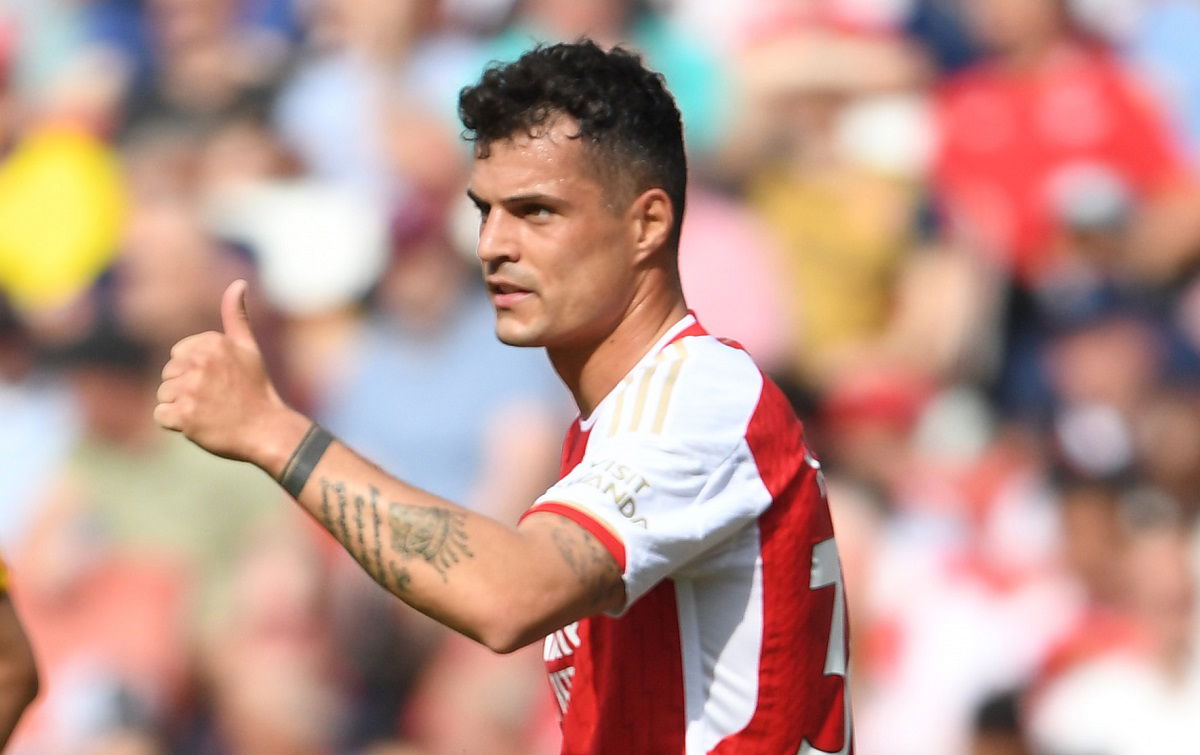 Could Xabi Alonso Repeat The Xhaka Success With Another Arsenal Player
May 29, 2025
Could Xabi Alonso Repeat The Xhaka Success With Another Arsenal Player
May 29, 2025 -
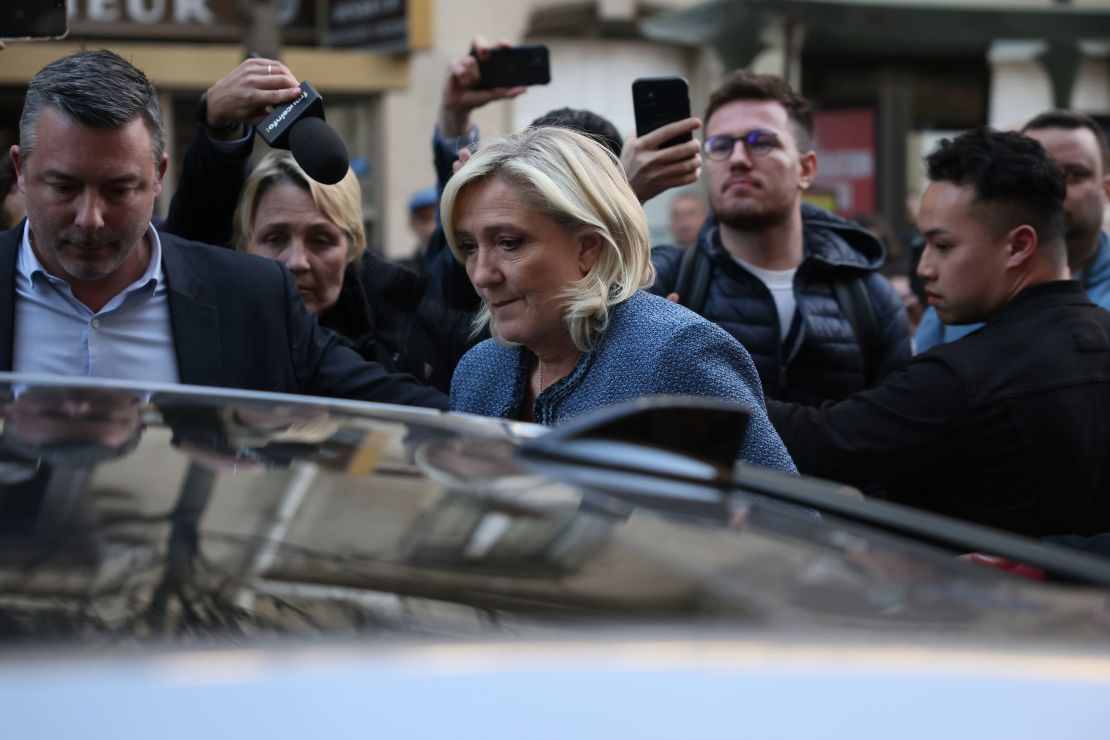 Marine Le Pens Conviction A Political Maneuver Paris Rally Reveals All
May 29, 2025
Marine Le Pens Conviction A Political Maneuver Paris Rally Reveals All
May 29, 2025 -
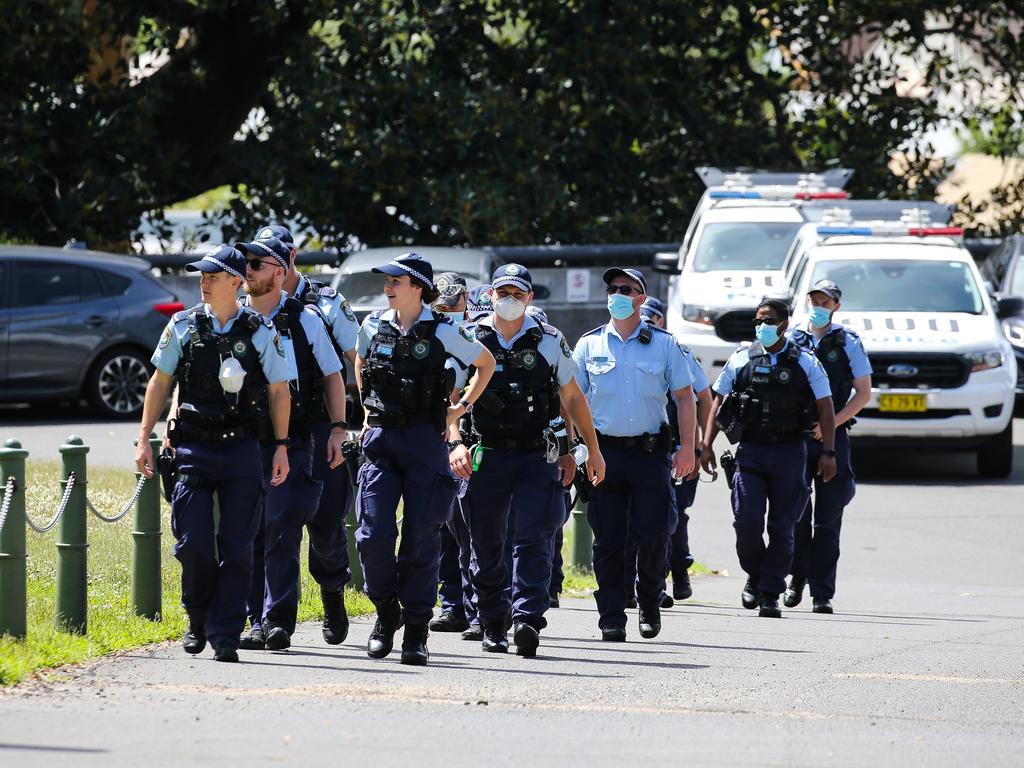 Queensland Music Awards Night Marred By Antisemitism Accusations
May 29, 2025
Queensland Music Awards Night Marred By Antisemitism Accusations
May 29, 2025 -
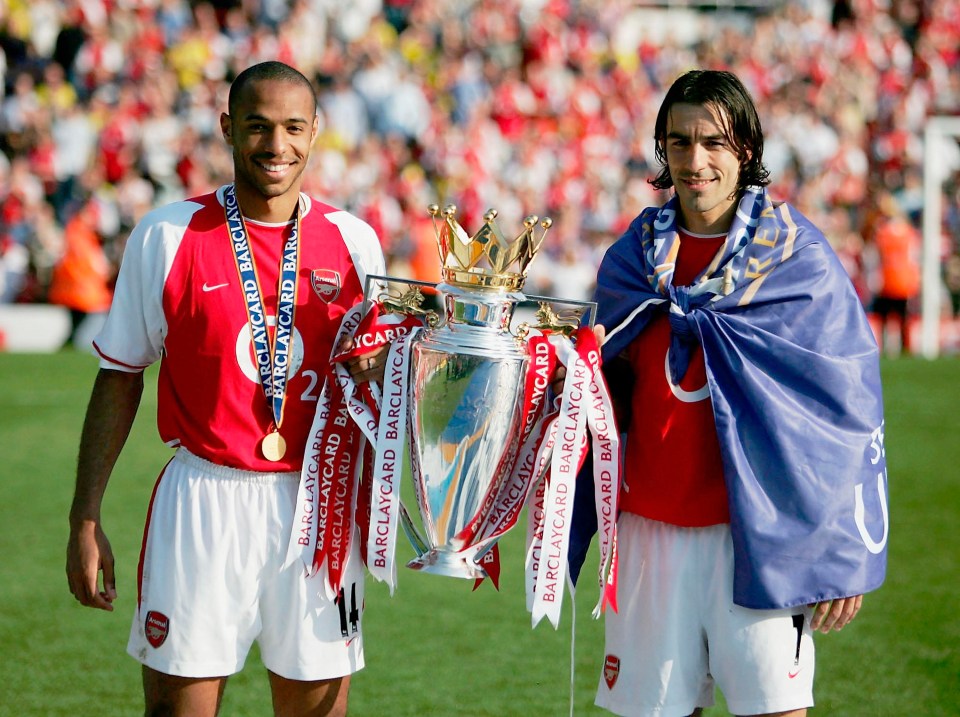 The Reds Reign Liverpools Last Premier League Title And Beyond
May 29, 2025
The Reds Reign Liverpools Last Premier League Title And Beyond
May 29, 2025 -
 Lana Del Reys Bombshell Admission A Kiss With Morgan Wallen At Stagecoach
May 29, 2025
Lana Del Reys Bombshell Admission A Kiss With Morgan Wallen At Stagecoach
May 29, 2025
Latest Posts
-
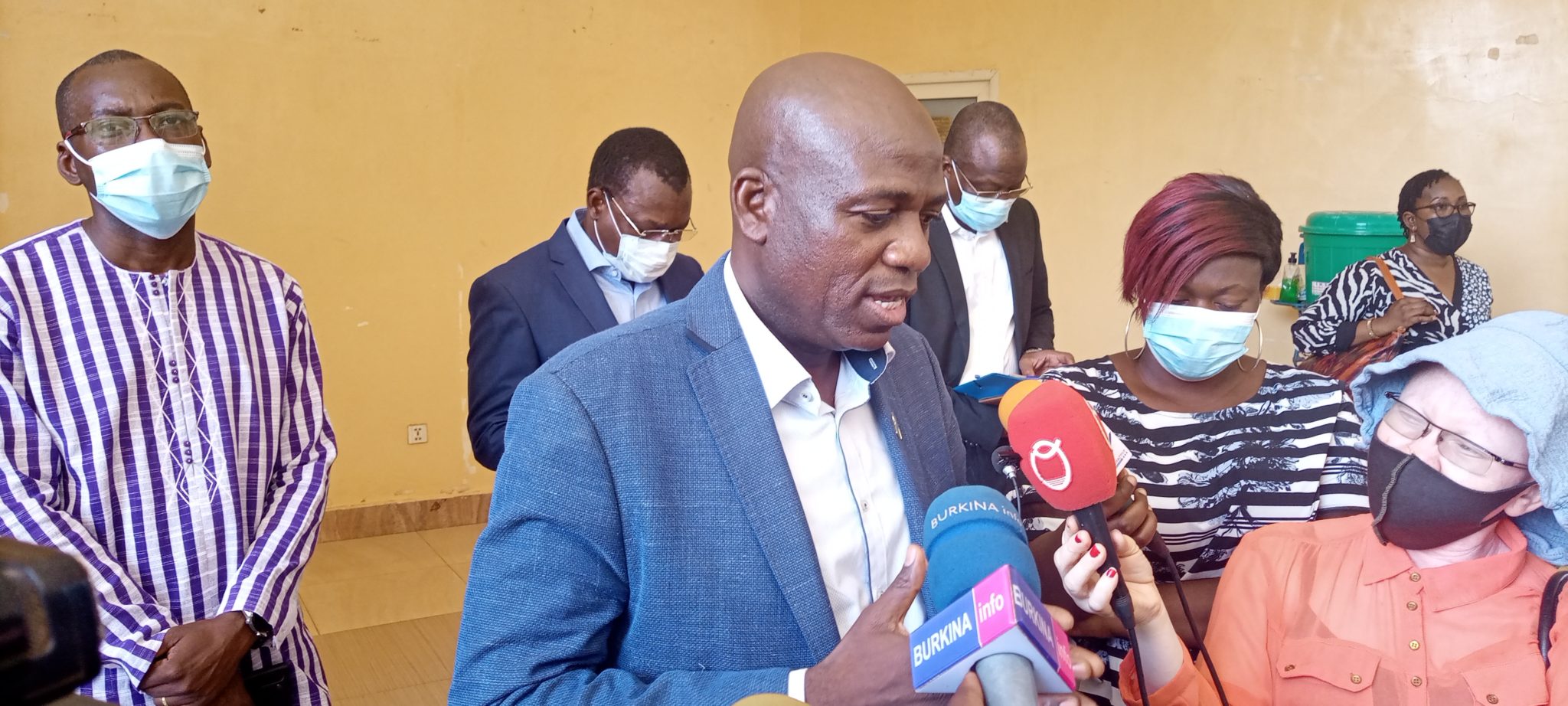 Evaluation De Deux Sites D Ingenierie Castor En Drome
May 31, 2025
Evaluation De Deux Sites D Ingenierie Castor En Drome
May 31, 2025 -
 Recul Du Trait De Cote A Saint Jean De Luz Analyse Des Enjeux Et Propositions Pour Une Adaptation Legislative
May 31, 2025
Recul Du Trait De Cote A Saint Jean De Luz Analyse Des Enjeux Et Propositions Pour Une Adaptation Legislative
May 31, 2025 -
 Analyse De L Impact Des Ouvrages Castors Sur Deux Cours D Eau De La Drome
May 31, 2025
Analyse De L Impact Des Ouvrages Castors Sur Deux Cours D Eau De La Drome
May 31, 2025 -
 Le Littoral De Saint Jean De Luz Face Au Recul Du Trait De Cote Amenagements Et Solutions Juridiques
May 31, 2025
Le Littoral De Saint Jean De Luz Face Au Recul Du Trait De Cote Amenagements Et Solutions Juridiques
May 31, 2025 -
 Ingenierie Castor Testee Resultats De Deux Etudes En Drome
May 31, 2025
Ingenierie Castor Testee Resultats De Deux Etudes En Drome
May 31, 2025
